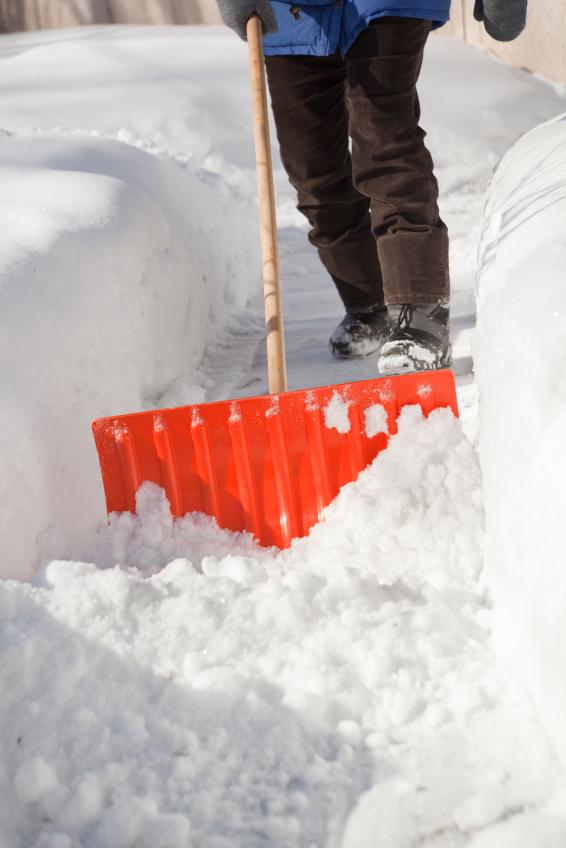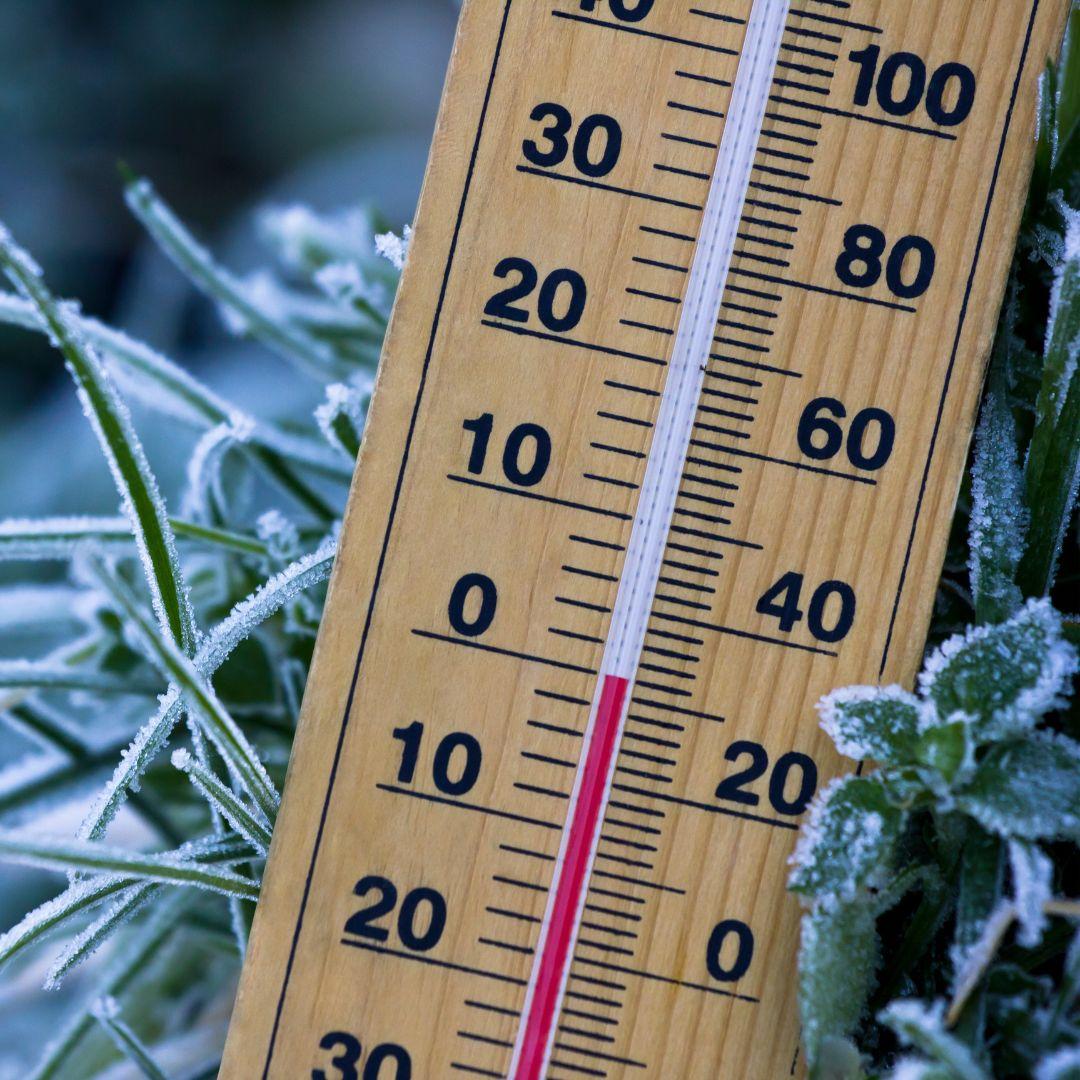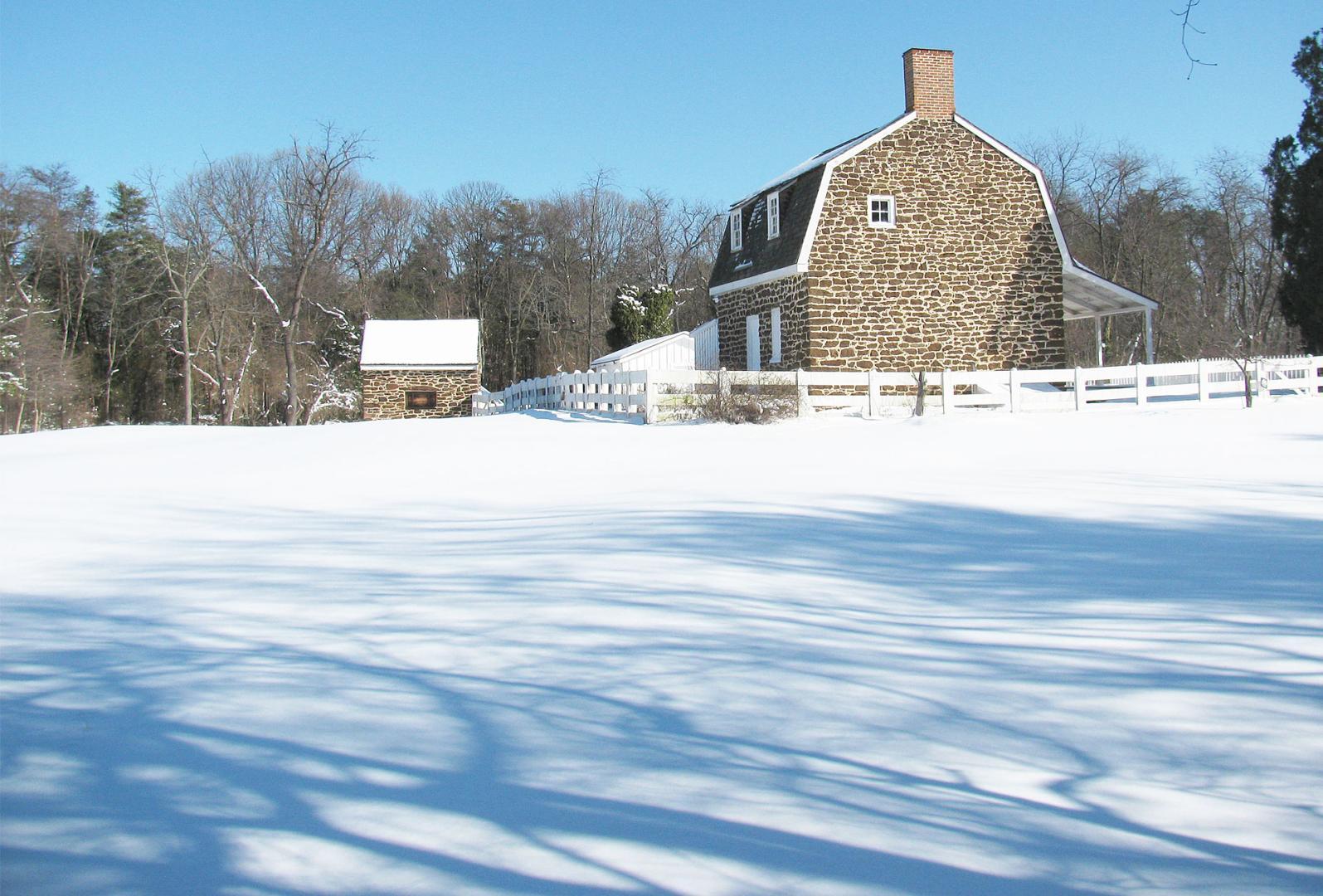Hypothermia
When exposed to cold temperatures, your body begins to lose heat faster than it can be produced. Prolonged exposure to cold will eventually use up your body’s stored energy. The result is hypothermia, or abnormally low body temperature. A body temperature that is too low affects the brain, making the victim unable to think clearly or move well. This makes hypothermia particularly dangerous because a person may not know it is happening and will not be able to do anything about it. Symptoms of hypothermia can vary depending on how long you have been exposed to the cold temperatures.
Early Symptoms
- Shivering
- Fatigue
- Loss of coordination
- Confusion and disorientation
Late Symptoms
- No shivering
- Blue skin
- Dilated pupils
- Slowed pulse and breathing
- Loss of consciousness
First Aid
- Move the victim into a warm room or shelter.
- Remove their wet clothing.
- Warm the center of their body first-chest, neck, head, and groin-using an electric blanket, if available; or use skin-to-skin contact under loose, dry layers of blankets, clothing, towels, or sheets.
- Warm beverages may help increase the body temperature, but do not give alcoholic beverages. Do not try to give beverages to an unconscious person.
- After their body temperature has increased, keep the victim dry and wrapped in a warm blanket, including the head and neck.
- If victim has no pulse, call 911 and begin cardiopulmonary resuscitation (CPR).
Frostbite
Frostbite is an injury to the body that is caused by freezing. Frostbite causes a loss of feeling and color in the affected areas. It most often affects the nose, ears, cheeks, chin, fingers, or toes. Frostbite can permanently damage body tissues, and severe cases can lead to amputation. In extremely cold temperatures, the risk of frostbite is increased in individuals with reduced blood circulation and among those who are not dressed properly.
Symptoms of frostbite include:
- Reduced blood flow to hands and feet (fingers or toes can freeze)
- Numbness
- Tingling or stinging
- Aching
- Bluish or pale, waxy skin
First Aid
- Get into a warm room as soon as possible.
- Unless absolutely necessary, do not walk on frostbitten feet or toes-this increases the damage.
- Immerse the affected area in warm-not hot-water (the temperature should be comfortable to the touch for unaffected parts of the body).
- Warm the affected area using body heat; for example, the heat of an armpit can be used to warm frostbitten fingers.
- Do not rub or massage the frostbitten area; doing so may cause more damage.
- Do not use a heating pad, heat lamp, or the heat of a stove, fireplace, or radiator for warming. Affected areas are numb and can be easily burned.
Children, the elderly and people with poor circulatory systems are at particular risk for hypothermia or frostbite. The Department of Health offers the following tips to help residents cope with winter conditions when outside:
- Dress for the cold weather by wearing coats, hats, scarves or knit masks to cover the face and mouth, and gloves or mittens. Wear waterproof boots, shoes and gloves.
- Dress in layers of loose-fitting clothes, including extra socks. Wool, silk or polypropylene inner layers hold in more body heat than cotton. Avoid cotton clothing for winter activities.
- Prepare for the unexpected. Most problems with hypothermia occur because of an unexpected change in the weather or temperature.
- Avoid getting wet when the temperature dips.
- Drink plenty of water. Avoid nicotine, caffeine and alcohol.
Residents should also be aware of the risks cold weather poses when inside the house. The Department offers the following tips to help residents remain safe in their homes during cold conditions:
- Store several days worth of non-perishable food and bottled water.
- Keep several days worth of medications.
- Keep fireplaces and wood-burning stoves clean.
- Never leave space heaters on and unattended.
- Keep grills, camp stoves, and generators out of the house, basement and garage.
- Ensure smoke and carbon monoxide detectors are operating properly.
- Check on elderly or disabled neighbors and relatives.
- Bring pets inside. If it is too cold for you, it is too cold for them. See Cold Weather Pet Safety.
- For shelter information: Office of Emergency Management - 410-222-0600
- Warming Relief for Winter Weather 2024/25




